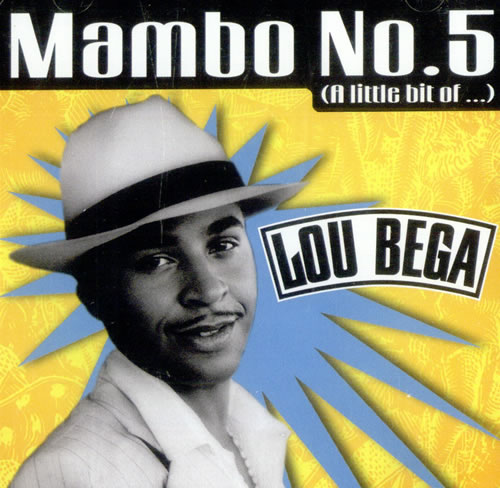The Ladder |
 |
Released: September 28, 1999 Peak: 99 US, 36 UK, -- CN, -- AU Sales (in millions): -- Genre: progressive rock |
Tracks: Song Title [time] (date of single release, chart peaks) Click for codes to singles charts.
Lyrics by Anderson. Music by Anderson, Howe, Sherwood, Squire, White, and Khoroshev. Total Running Time: 60:26 The Players:
|
Rating: 2.964 out of 5.00 (average of 6 ratings)
|
About the Album: Yes’ 18th studio album featured the same lineup which recorded the poorly-received Open Your Eyes in 1997 and the group which hit the road for the band’s 30th anniversary tour. White reported that the band lived in different apartments in the same building during the recording and travelled to and from the studio together – something they hadn’t done since 1977’s Going for the One. WK Bruce Fairbairn was brought in to produce the album. He’d previously produced such albums as Bon Jovi’s Slippery When Wet and New Jersey as well as Aerosmith’s Permanent Vacation, Pump, and Get a Grip. He also worked with AC/DC, Blue Öyster Cult, Chicago, the Cranberries, INXS, Kiss, Loverboy, Poison, the Scorpions, and Van Halen. He died unexpectedly during the making of the album. Yes dedicated the album to him. Anderson and Howe performed Nine Voices (Longwalker) at his funeral. WK That song was based on a 1978 spiritual-led walk across the United States which was organized by the American Indian Movement to support tribal sovereignty. Anderson befriended a participant named Long Walker and wrote a song about the nine tribe members and the song they sing “to bring forgiveness in the world.” WK Homeworld (The Ladder) resulted from the band’s discussions with Sierra Games about licensing a track for their game Homeworld. The song, with Anderson’s lyrics inspired by the game’s themes of science fiction, space, and the search for a new home, was featured in the game’s end credits. WK All Music Guide’s Bret Adams called it a “tight performance” AMG while The Daily Vault’s Jason Warburg said the song showed how the group “can unquestionably still tackle the sprawling, multi-themed rock numbers that were once its bread and butter.” WK However, Warburg also said the band was struggling to define itself, but blended their 1970s progressive sound with their pop-oriented 1980s fare better than they had on Open Your Eyes. Adams agreed that “The Ladder is a synthesis of the best traits of the experimental Fragile era and the pop-oriented 90125 era.” AMG Adams considered Face to Face, in which “Squire lets loose with a sputtering bassline,” to be the strongest track. AMG Band biographer Chris Welch commended the track for “some of the most joyful playing heard on a Yes album in many moons.” WK Adams called New Language “the best long song… thanks to a clever arrangement giving all six members an opportunity to demonstrate their talents.” AMG He considered If Only You Knew, which Anderson wrote for his wife, “a sweet, straightforward love song” AMG and noted The Messenger “has a smooth, funky feel – a remarkable feat considering prog rock is usually considered the ‘whitest’ rock genre.” AMG The Ladder largely “received a warm reception from critics who saw the album as a return to creative form.” WK Seattle Post-Intelligencer’s Gene Stout called it a “bright, optimistic album” WK and the Daily Herald’s Rick Baert considered it a return to the band’s musical roots. Adams questioned the roles of Khoroshev and Sherwood. He said “it occasionally seems the purpose of Khoroshev’s keyboards is providing a variety of sonic textures instead of functioning as a lead instrument.” AMG He did acknowledge that Sherwood’s “second guitar tends to flesh out the sound.” AMG Both were gone after this album. While touring to support The Ladder, Khorshev was dismissed because of backstage sexual harassment. Sherwood left after the tour, but returned in 2015. Notes: The Japanese release included live performances of “I’ve Seen All Good People” and “And You and I.” The 2000 Limited Tour Edition included additional versions of “Homeworld,” “The Messenger,” and “All Good People.” |
Resources and Related Links:
First posted 7/25/2021. |









